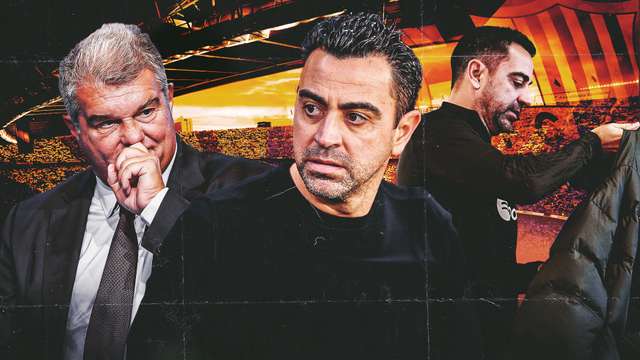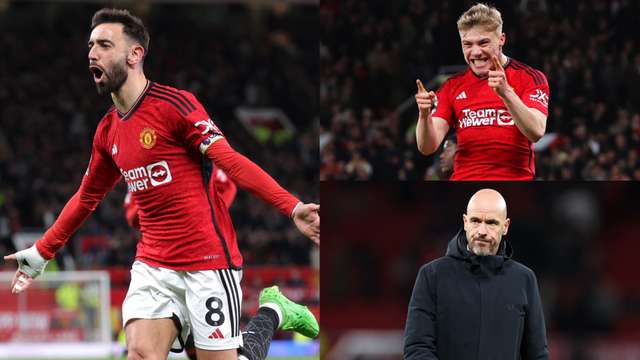“It's a sprain, minimum”. Sitting on the hard wooden bench of the Doble Visera, Johan Cruyff was informed that the injury that had just forced him out of the Intercontinental Cup final would need some tending to and that he could not continue. At that point, the Dutch wizard could relax.
Just minutes after opening the scoring against Independiente, Ajax's idol saw his match cut short. Reclining back in the dug-out, he signalled for his reward: a pack of Camels. As the rest of the Ajax bench continued to remonstrate against the wild challenge that had deprived them of his talents, and despite the ill-effects of a bout of flu he was still yet to shake, he lit up and witnessed the remaining minutes in Avellaneda amid a blue haze. Just like that, the legend's sole official appearance on a South American pitch also went up in smoke; never again would the football-mad continent see him live in the flesh.
As both player and coach, in the white and red of Ajax, Barcelona's Blaugrana or the famous electric orange of his native Netherlands, Cruyff left an indelible mark on the world of football. Curiously for one of the most celebrated and decorated men in the history of the game, however, the Dutch master is perhaps best known for 'the one that got away'; the Netherlands' incredible run to the 1974 World Cup final, where hosts West Germany were on hand to destroy their and Cruyff's title hopes.
It was to be Cruyff's sole, bittersweet experience of a World Cup finals. Four years later the Oranje battled through once more to the deciding game against the host side only to come up short, this time against Argentina.
Cruyff had long before decided not to travel to South America, a decision that has been analysed and debated for over 40 years. But the Flying Dutchman had already made his mark on Argentina in his, admittedly fleeting, first and only game on its soil.
Next Match
Two years prior to that first World Cup final defeat, the process that would turn the Netherlands into one of the greatest national teams ever seen was well underway in Amsterdam. Six of the Ajax team that retained the European Cup in 1972 over Inter would play in the decider in West Germany in '74, while coach Rinus Michels had left just the previous year for Barcelona after moulding the system known across the planet as Total Football. As well as Cruyff, the likes of Johan Neeskens, Ruud Krol and Arie Haan made Ajax a fearsome prospect.
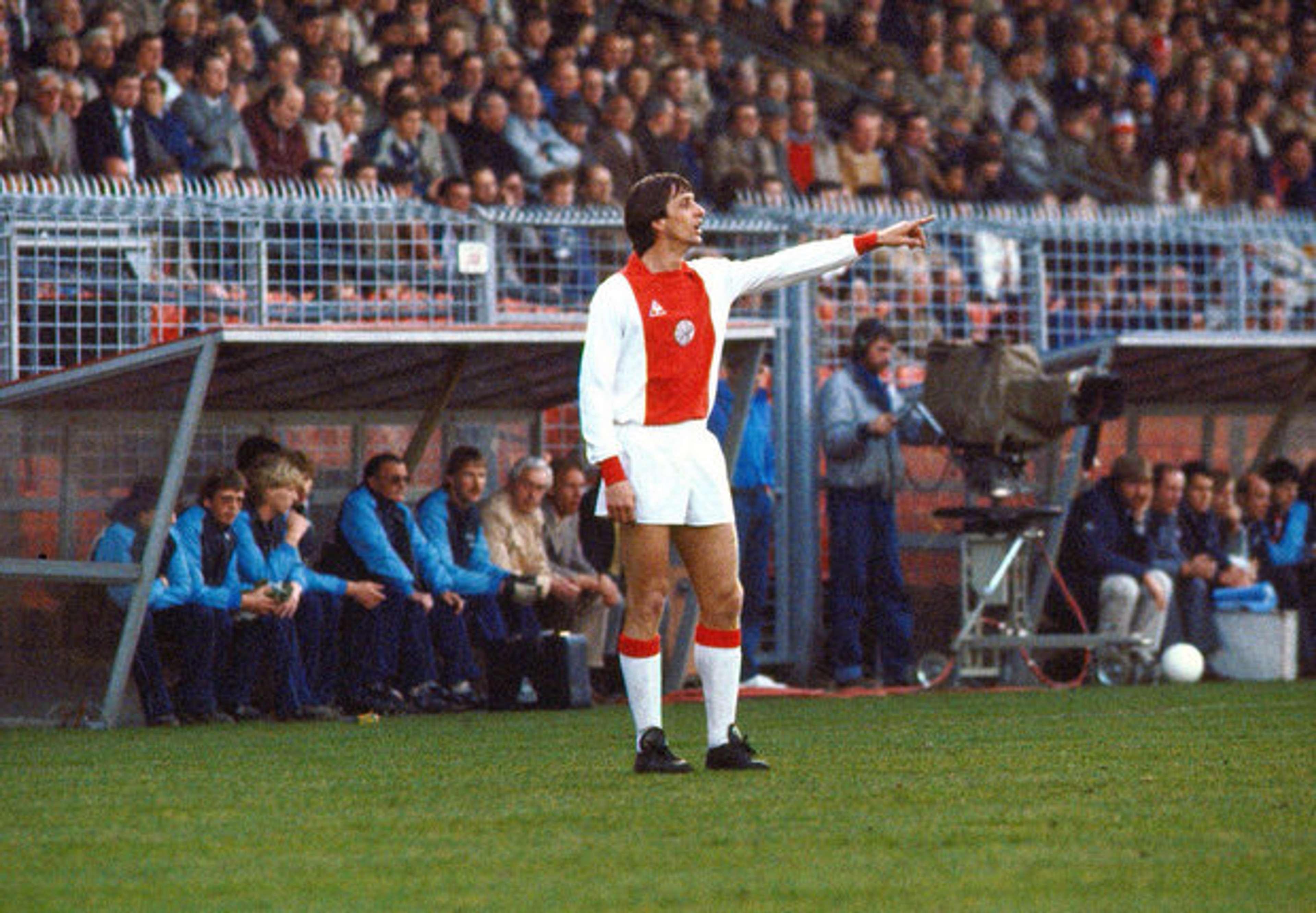
Their reward for taking down Inter was a trip to South America to meet another continental giant. Independiente had lifted their third Copa Libertadores earlier in 1972, but success in the Intercontinental Cup had proved elusive, losing twice in consecutive years to Helenio Herrera's catenaccio specialists Inter in their previous tilts at being world champions.
Ajax, meanwhile, had declined to enter the Intercontinental Cup the previous year, meaning Cruyff's men also received their first opportunity to officially become the best side on the planet. On September 6, in front of 60,000 fans in Independiente's Doble Visera home in the industrial Buenos Aires suburb of Avellaneda, the European and South American champions locked horns in the first leg and the Dutch giants' star made his bow on Argentine turf.
It took just five minutes for the baying home crowd to fall silent. Ajax's No.14 outmuscled Miguel Angel Lopez as the pair tussled for the ball and, with one touch, hooked his shot over incoming Independiente goalkeeper Miguel 'Pepe' Santoro and into the net. Cruyff had wheeled around to celebrate almost before the ball returned to earth.
“Cruyff was electric, lightning, when I came out to harry him he knocked it straight over me,” Santoro recalled to Pagina 12. The star himself cut a more humble tone after the game, admitting to Clarin that he had illegally grabbed Lopez's shirt to gain the advantage: “Pele does it too and nobody calls a foul on him.”
That Cruyff did not go on to score a hatful that day is perhaps down to one Dante Mircoli. The tough-tackling Rome-born forward at that point had spent seven years with Independiente, and in 1972 had become only the second European to win the Libertadores after Estudiantes' Croatian forward Christian Rudzki. Henceforth, though, he would gain a second claim to fame: as the man who took Cruyff out of the Intercontinental Cup.
“I was about to give the ball to Pepe... I turn around, take the ball and when I turned to pass I saw a white shirt flying past me with the ball,” the veteran explained to Infobae in a 2019 interview. “He was on his way to goal! So I go for him, and when I get him I hit him [on the thigh]. And when he fell, he went down on my studs. I hadn't seen him, that's the truth. I didn't even know who it was.
“When he got up and I saw it was Cruyff I thought, 'I've really f*cked up here'. But I didn't even get booked. They didn't give many yellows back then, but if you fouled the other side's best player...”
No footage exists of Mircoli's challenge, but El Tano doubts how much damage he really caused the star and that, having scored his goal, he was looking for a way out of the game. “When he got up he went off with an ankle injury. I'm telling you: he did it on purpose,” he added. Of more concern to the Dutch side, who were held 1-1 in the second half, was the state of the Doble Visera turf - “less hair on it than a bald man”, reporters overheard in the dressing rooms – and Independiente's generally uncompromising style of play, with Haan stating “I never want to play against those bandits again.”
Whatever the truth of Cruyff's injury, three weeks later he was able to face his supposed nemesis Mircoli and played the full 90 minutes as Ajax romped to a 3-0 victory and the Intercontinental Cup. Neeskens put the Dutchmen ahead after just 12 minutes before Johnny Rep, another future World Cup finalist, came off the bench to score twice and end the Rojo's resistance.
Better fortune awaited Independiente the following year, when they finally got their hands on the trophy at the fourth time of asking. This time Ajax refused to take part and when Juventus similarly declined to travel to Argentina a single game in Rome was organised, won by the Avellaneda side 1-0 thanks to a goal from 19-year-old future club icon Ricardo Bochini.
By then Cruyff had already swapped Amsterdam for Catalunya, embarking on a magical 1973-4 season that culminated in World Cup heart-break and the 'consolation' prize of European Footballer of the Year. His absence from the 1978 edition has long been touted as the reason that the Oranje are still searching for their first World Cup title and over the years countless explanations have been given: that he fell out with the Dutch FA; that his withdrawal owed to the harrowing human rights abuses carried out by the dictatorship then in power in Argentina; that money was behind it all.
Not until 2008 did the legend finally reveal the truth. "You should know that I had problems at the end of my career as a player here and I don't know if you know that someone [put] a rifle at my head and tied me up and tied up my wife in front of the children at our flat in Barcelona,” he told Radio Catalunya.
That violent abduction attempt put his life into perspective: "We wanted to stop this and be a little more sensible. It was the moment to leave football and I couldn't play in the World Cup after this."
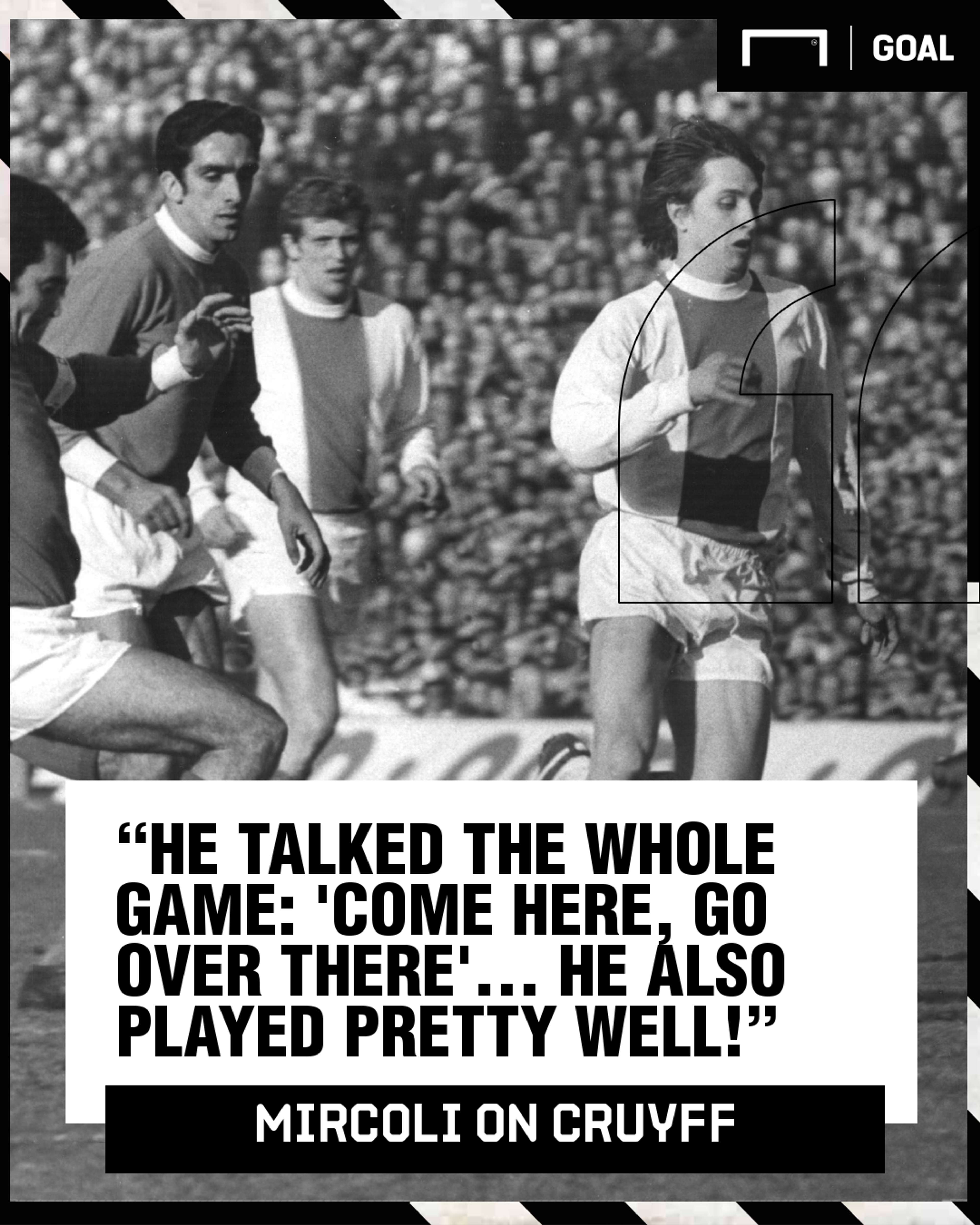
Mircoli, meanwhile, still remembers with fondness that world-beating Ajax team, despite finishing on the losing side. “That Ajax were even better than history remembers, eh, they were all good!” he stated. “They played from memory. The coach didn't open his mouth. All memory, and [Cruyff] ran everything.
“He talked the whole game: 'come here, go over there, stop, run, move out.' And he also played pretty well!” The Dutch hero, who passed away on March 24, 2016 – the 40th anniversary of the seizure of power by Jorge Rafael Videla's murderous dictatorship in Argentina, and today a date recalled across the country with demonstrations and remembrance ceremonies under the phrase 'Never Again' – also had a long memory.
Twenty two years after that first meeting Cruyff and Mircoli crossed paths in Barcelona, the former still working at Camp Nou as coach, the Argentine-Italian there on business. Observing a Barca training session from the sidelines, Mircoli attracted the attention of the boss, who greeted him with a stern warning: “You're not going to hit me again!”
“He still remembered,” Mircoli told Infobae, “I shook his hand, we chatted a while and I left. It was great. As soon as I got to Barcelona I asked if I could go and see him.”
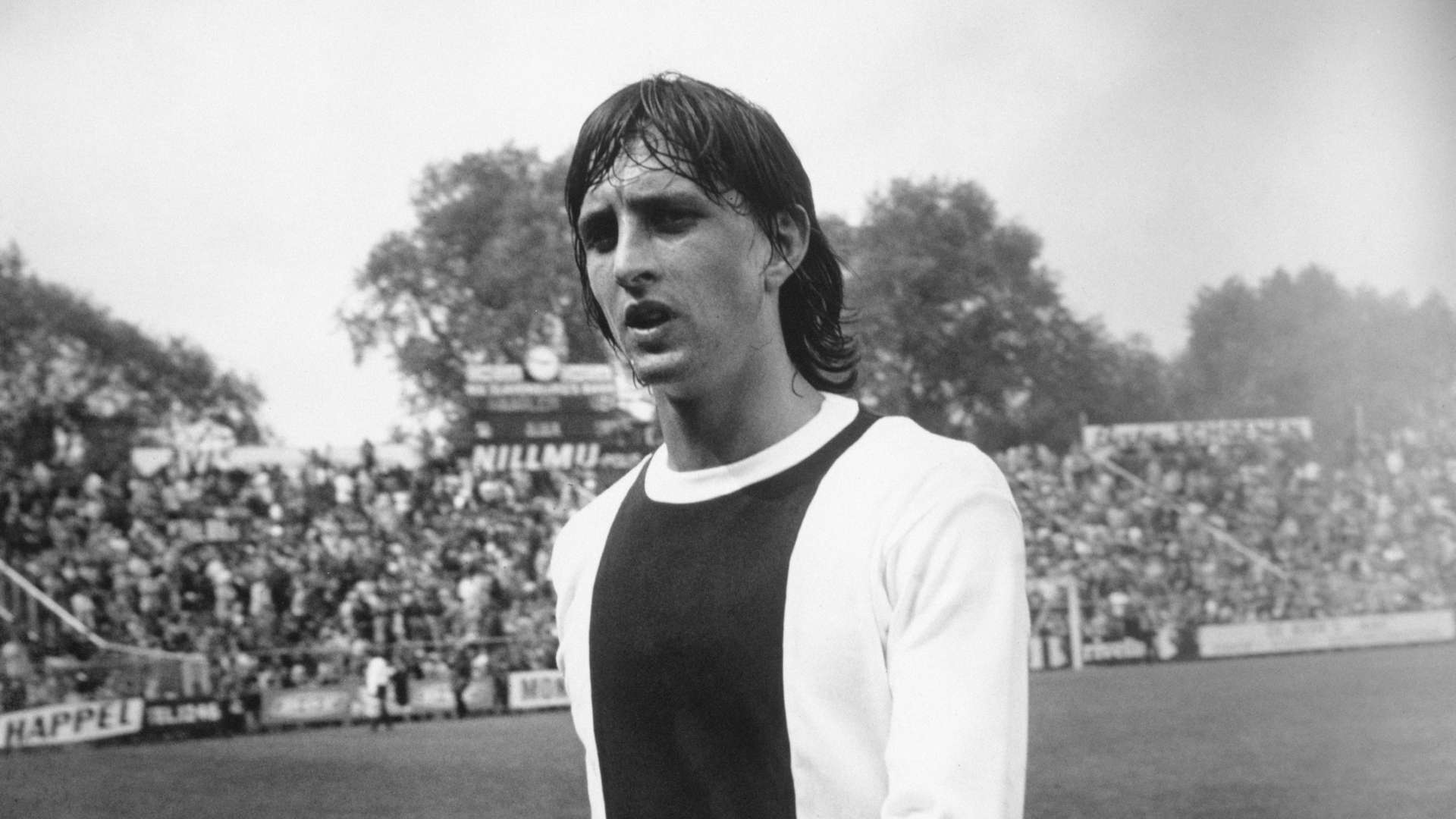


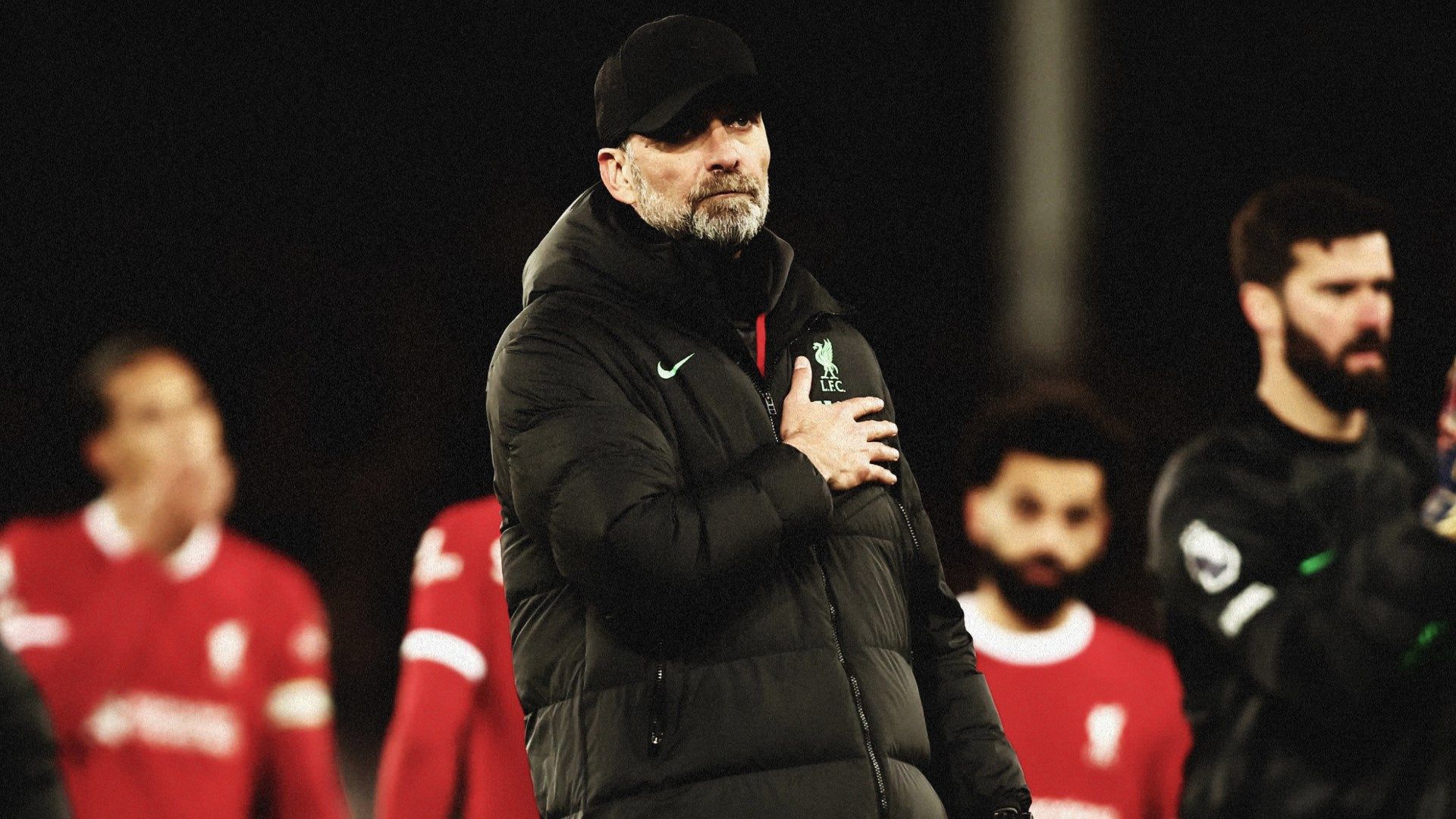.jpg?auto=webp&format=pjpg&width=640&quality=60)
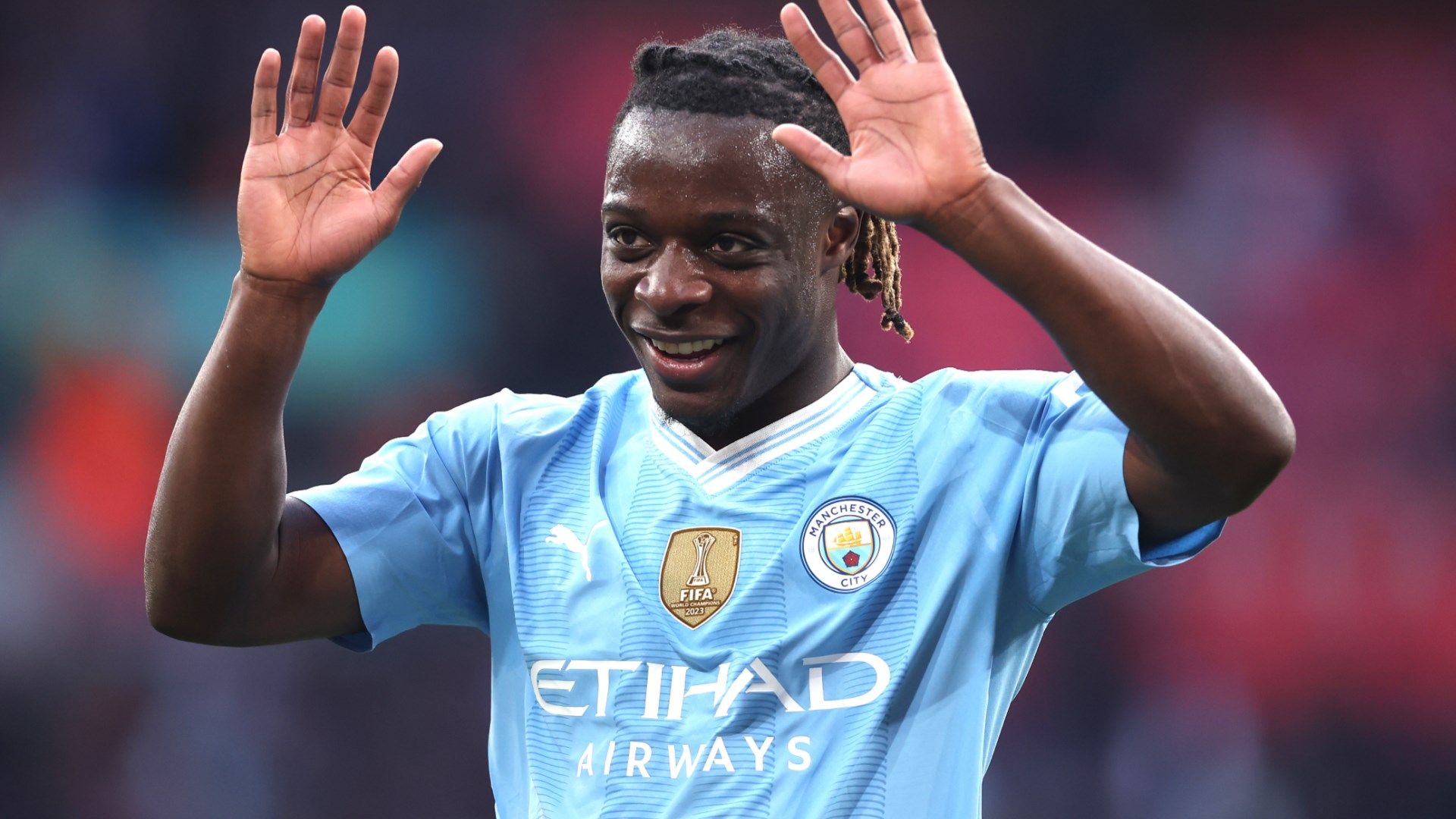.jpg?auto=webp&format=pjpg&width=640&quality=60)
